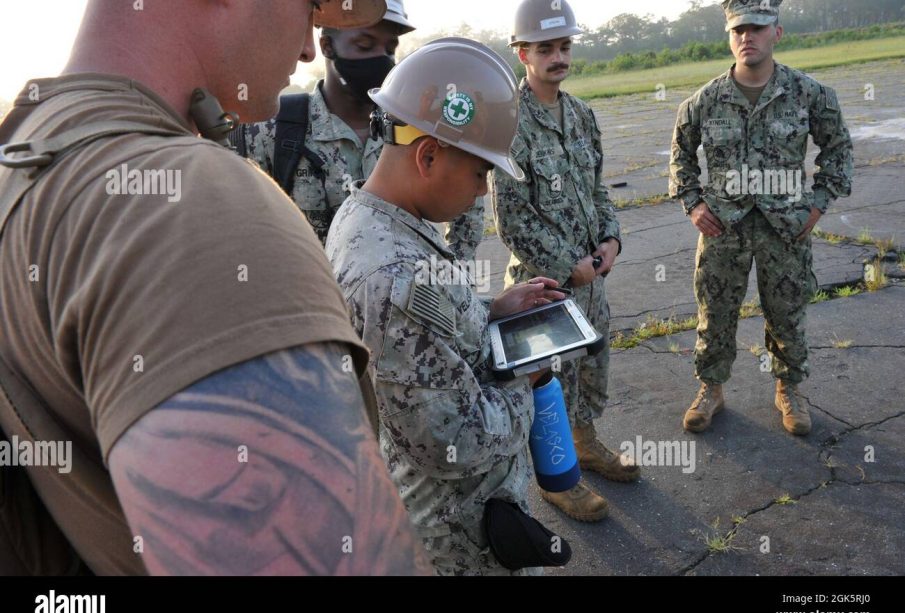Understanding NMC: National Medical Commission in India

Introduction to NMC
The National Medical Commission (NMC) is a pivotal institution responsible for regulating medical education and practice in India. Established in 2019, it replaced the Medical Council of India (MCI) aimed at ensuring a steep improvement in the quality of healthcare services offered in the country. With rising healthcare demands and challenges, the role of NMC has become even more significant.
Role and Responsibilities of NMC
The NMC’s primary mission is to enhance medical education and establish standards to promote a competent healthcare workforce. It supervises the welfare of the public and maintains the ethical standards of medical professionals. The commission has several key functions including:
- Setting the guidelines for undergraduate and postgraduate medical education.
- Regulating medical schools and ensuring compliance with the guidelines.
- Assessing the performance of medical professionals and conducting examinations.
- Promoting research and innovation in the medical field.
- Addressing the grievances of patients regarding medical services.
In recent news, NMC has taken significant strides towards modernizing the healthcare curriculum, integrating more practical training and digital health education, which reflects a global trend in medical training.
Recent Developments and Initiatives
Recently, the NMC launched several initiatives to enhance its functionality. One such initiative is the introduction of a National Exit Test (NEXT) aimed at assessing the competency of medical graduates to practice medicine in India. This test is anticipated to streamline the assessment process, ensuring better healthcare delivery.
Moreover, the NMC has been active in implementing new regulations for the admission process into medical colleges, addressing the challenges of uneven access to quality medical education across regions. They have also proposed certain guidelines to attract international medical professionals to practice in India, promoting cross-border healthcare collaboration.
Conclusion
The establishment of the National Medical Commission signifies a critical step towards reforming medical education and healthcare delivery in India. As it continues to adapt to contemporary challenges and works on enhancing the standards of medical practice, the NMC is poised to play an essential role in shaping India’s healthcare landscape. For aspiring medical practitioners and the general populace alike, the initiatives and reforms introduced by the NMC will likely lead to a healthier future with improved healthcare accessibility and quality.









